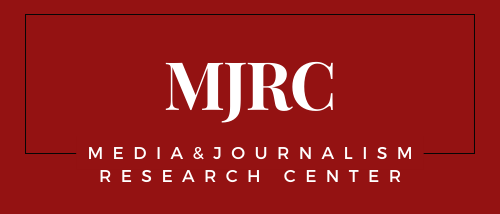Brazil
For updates on the project, including the most recent country reports generated following its 2025 methodological revamp, please consult the Media Influence Matrix new digital platform.
Brazil in Media Influence Matrix
Journalism in Brazil has a rich and diverse history, playing a crucial role in shaping the country’s political, social, and cultural landscape. With a tradition dating back to the early 19th century, Brazilian journalism has evolved to encompass a wide range of media outlets, including newspapers, magazines, television, radio, and digital platforms. The industry has faced challenges such as censorship, economic pressures, and safety concerns for journalists.
Despite these obstacles, Brazilian journalists continue to work tirelessly to uncover and report on important stories, from political corruption to environmental issues. The field of journalism in Brazil is characterized by its commitment to investigative reporting, as well as its dedication to upholding freedom of the press. As the country continues to navigate a rapidly changing media landscape, Brazilian journalism remains a vital force in informing the public and holding those in power accountable.
The Media Influence Matrix project, run by the Media and Journalism Research Center, aims to provide a comprehensive mapping of the media and journalism landscape in Brazil. Through extensive research and analysis, the project seeks to identify and evaluate the various influences that shape the media environment, including political, economic, and social factors.
By creating a detailed matrix of media outlets, key stakeholders, and influential figures, the project aims to shed light on the complex dynamics that drive media coverage and public discourse in Brazil. Ultimately, the Media Influence Matrix project intends to contribute valuable insights for researchers, policymakers, and industry professionals, enabling a deeper understanding of the media landscape and its impact on society.
Media Influence Matrix Reports
Media in Brazil: Government, Politics and Regulation (in English)
Mídia no Brasil: Governo, Política e Regulação (in Portuguese)
See the global Media Influence Matrix Team
Photo by Agustin Diaz Gargiulo on Unsplash
Invest in independent media research and join a community of practice.
Your contribution supports MJRC’s investigations and global analysis. As a supporter, you can receive early access to new findings, invitations to small-group briefings, inclusion in our Supporters Circle updates, and the option to be listed on our Supporters Page.
Contribute to MJRC
